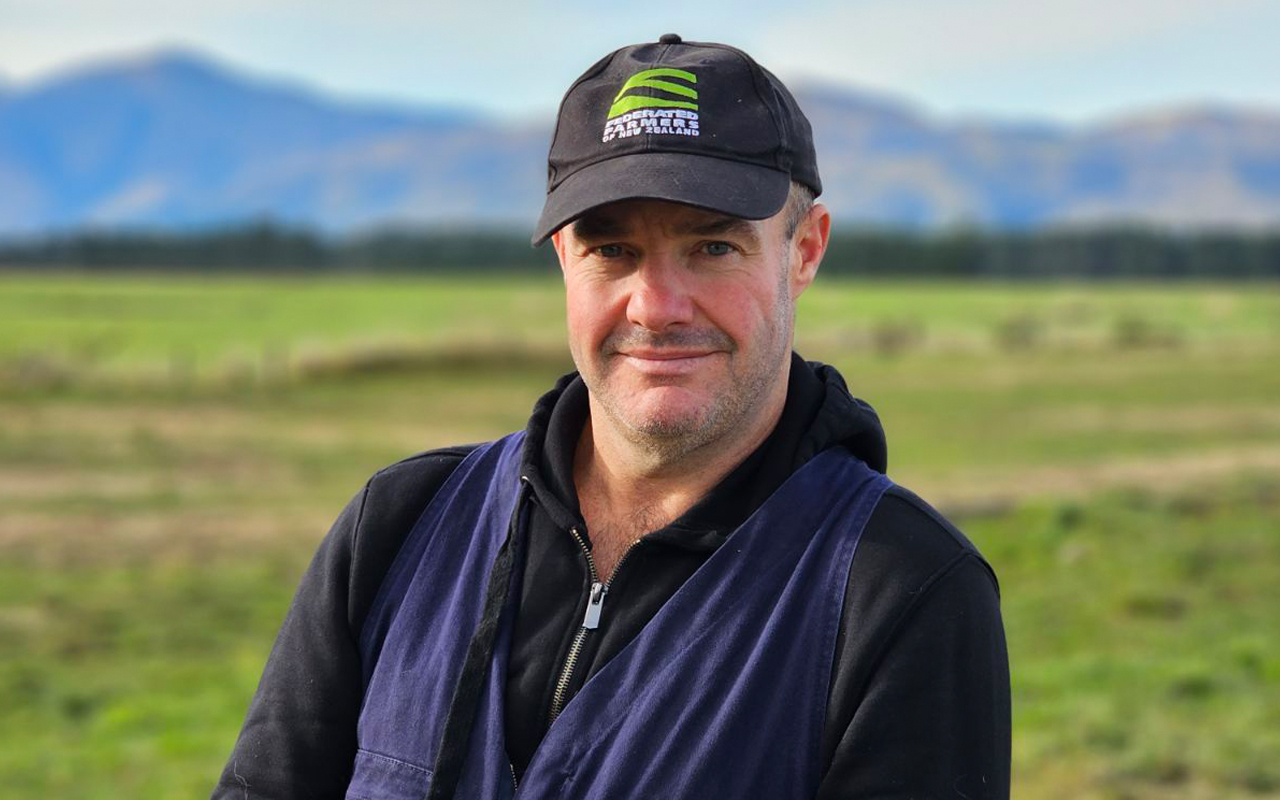Claims of excessive winter grazing charges on compliant farmers rejected by council
10 September 2025, 6:08 AM
 Federated Farmers Southland president Jason Herrick's claims of excessive winter grazing compliance bills from Environment Southland on farmers who are 'doing the right thing', has been rejected by the council as inaccurate. Photo: Supplied
Federated Farmers Southland president Jason Herrick's claims of excessive winter grazing compliance bills from Environment Southland on farmers who are 'doing the right thing', has been rejected by the council as inaccurate. Photo: SuppliedSouthland farmers are raising concerns over hefty invoices following Environment Southland’s (ES) winter grazing compliance checks — even when no breaches are found, according to Federated Farmers Southland president Jason Herrick.
However the accusation has been strongly rejected by the regional council who say the claims are inaccurate.
Herrick said the issue wasn't the inspections themselves, but the unexpected fees, which in some cases have reached up to $4000.
“Farmers understand the need for good environmental practices and compliance,” he said.
“But being invoiced for a visit where there are no breaches or problems is incredibly frustrating.”
He cited one case where a farmer was charged for nine hours of staff time despite having no compliance issues.
“It’s absolutely ridiculous,” he said.
Environment Southland has been conducting aerial flyovers to monitor intensive winter grazing, followed by on-the-ground inspections.
Herrick says some farmers have received little to no notice before these visits.
“They feel blindsided, especially when the inspection confirms everything is in order,” he said.
The council defends the charges as necessary to avoid passing costs onto ratepayers.
“They’ll say they’re just charging where the costs are,” Herrick noted.
“But from a farmer’s perspective, it feels like being penalised for doing the right thing.”
However, Environment Southland (ES) has pushed back on Herrick’s claims, saying the comments are inaccurate.
ES compliance manager Donna Ferguson said cost recovery invoices were only issued to farmers where there has been a confirmed breach of a rule.
“We undertake cost recovery so that ratepayers do not pay for the cost of investigating and undertaking enforcement action where non-compliance occurs.”
Ferguson said that of 75 incidents logged this season, 49 have been fully investigated.
Of those, 28 farmers were found to be compliant and received no further action or charges.
The remaining 21 cases involved confirmed non-compliance, with outcomes ranging from advisory letters to formal enforcement.
Another 26 cases are still under investigation, Ferguson said.
“The winter grazing period runs from 1 May to 30 September and each year, we carry out three aerial surveys between June and August.”
“Our approach to assessing winter grazing compliance is education-first.”
She added that most cases result in advice and education to help landowners improve practices, and that officers attempt to contact farmers in advance where possible.
Herrick also raised concerns about confusion stemming from recent changes to the Water and Land Plan, particularly around buffer zones and critical source areas (CSAs). He said many farmers were caught out by a rule change requiring a 10-metre setback from waterways, despite having fenced to the previous three-metre standard.
“Plenty of farmers did the right thing by the old rules,” Herrick said. “Wouldn’t it make more sense for the council to focus on educating farmers about the change and supporting them to adapt, rather than penalising them?”
Ferguson responded that the rules have not come out of the blue. “The initial 3m rule was in 2016 and there have been many changes since through the Environment Court process, which Federated Farmers was involved in,” she said.
Environment Southland says it has been working to educate farmers about the changes since before the winter grazing rules were adopted in May 2024.
Herrick maintains that a more collaborative approach would improve outcomes.
“I’ve heard from farmers in other regions like Otago, where councils are taking a more educational approach,” he said.
“Environment Southland should follow suit. That would help build trust and quite possibly achieve better compliance.”